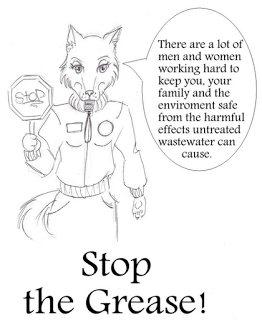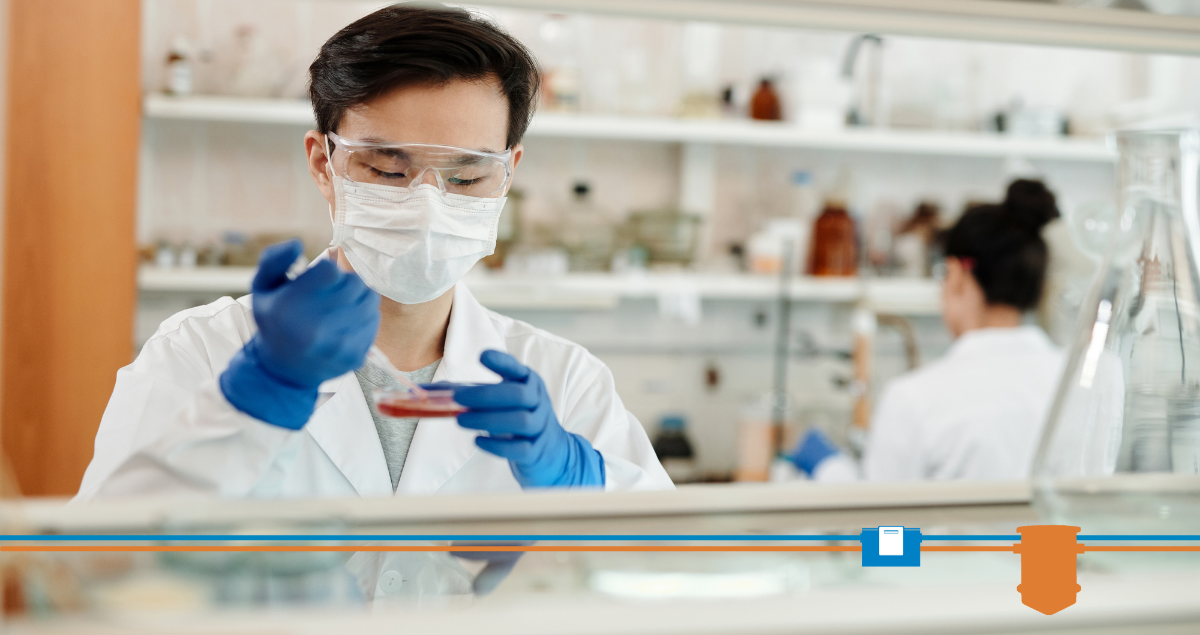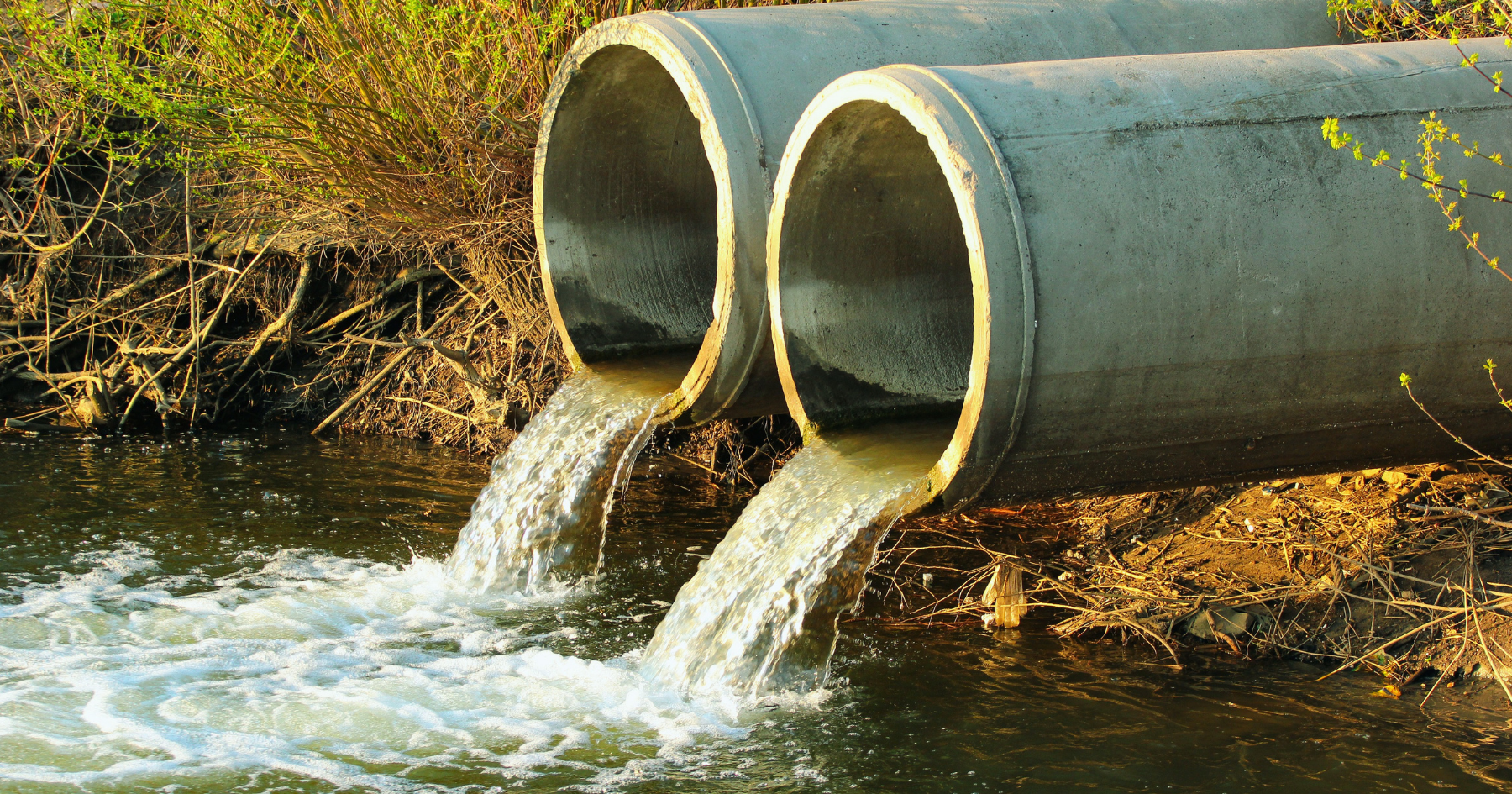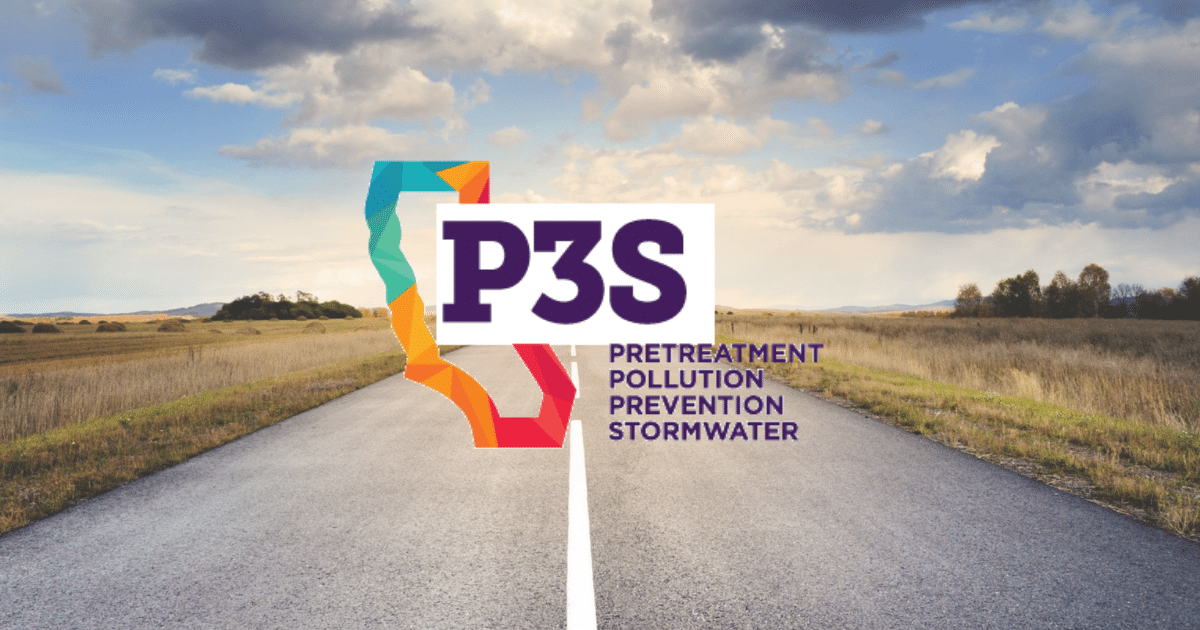Should you go "natural" with biological pre-treatment systems for grease?
- Jul 30, 2015
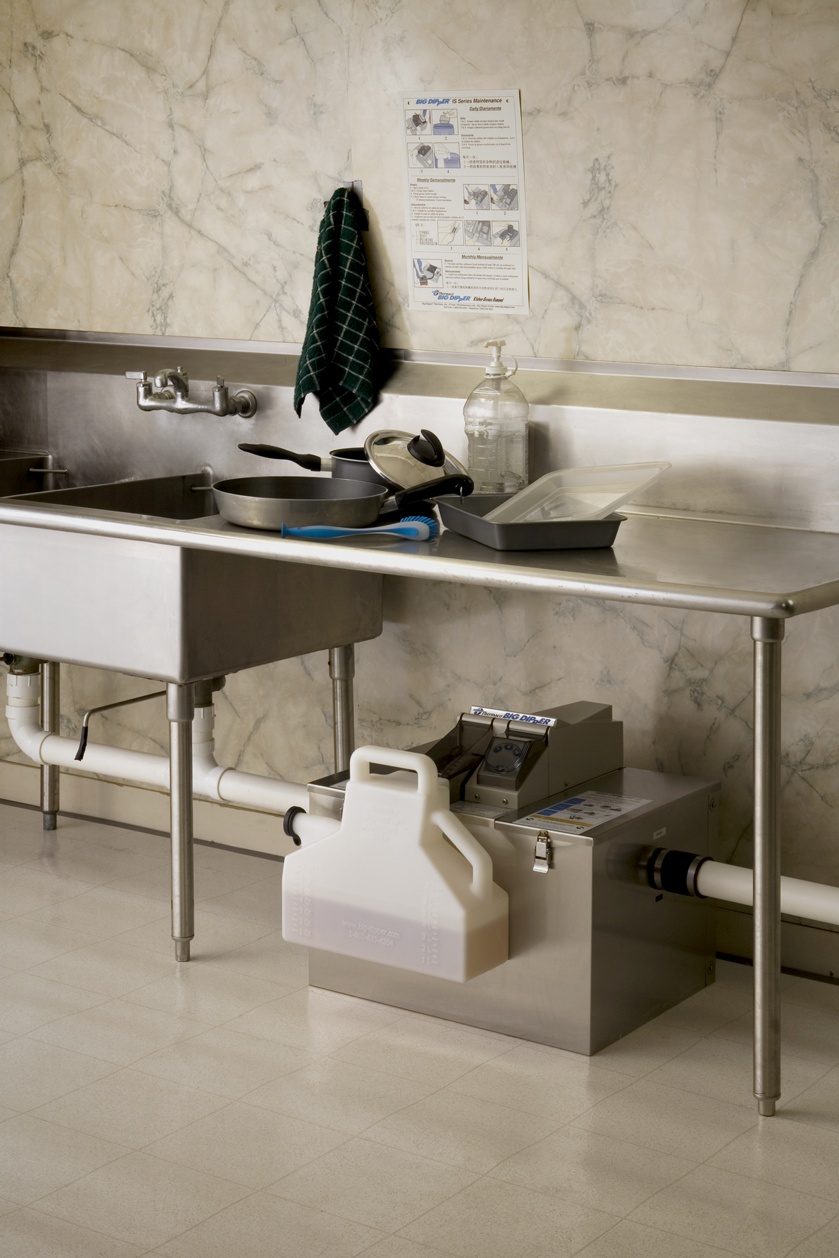 Organic and “natural” products and methods enjoy a glowing reputation in the marketplace. They’re able to command higher prices and for many people are a preferred choice when there is a choice.
Organic and “natural” products and methods enjoy a glowing reputation in the marketplace. They’re able to command higher prices and for many people are a preferred choice when there is a choice.
They’ve made inroads beyond food, too, to products such as apparel (made with organically grown cotton), cosmetics and a variety of products constructed from “sustainable” recycled materials.
It’s not surprising, then, that restaurants and other commercial kitchen operators are interested in biological methods of pretreating grease-laden kitchen effluent. Beyond the attraction of a biologically based treatment system, these methods also hold out the possibility of minimizing pumping and other maintenance required by mechanical separation systems.
But while enzymatic and bacterial treatment solutions are growing in popularity, many questions and challenges remain.
Before considering enzymatic or bacterial solutions, there are a number of factors you need to consider.

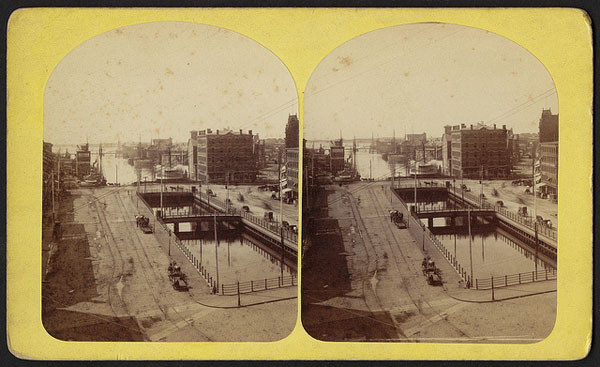 The damage that grease and other pollutants can inflict on the environment is well documented, but few cases illustrate this as well as Narragansett Bay in Rhode Island.
The damage that grease and other pollutants can inflict on the environment is well documented, but few cases illustrate this as well as Narragansett Bay in Rhode Island.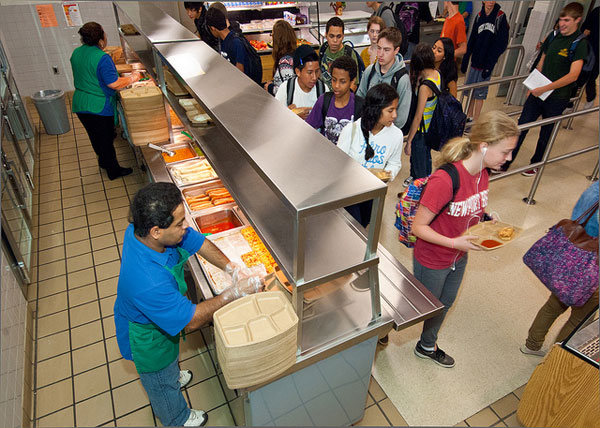 A packed-to-the-gills restaurant during dinner rush doesn’t hold a candle to the hustle and bustle — both in and out of the kitchen — of a middle school cafeteria during the lunch hour.
A packed-to-the-gills restaurant during dinner rush doesn’t hold a candle to the hustle and bustle — both in and out of the kitchen — of a middle school cafeteria during the lunch hour.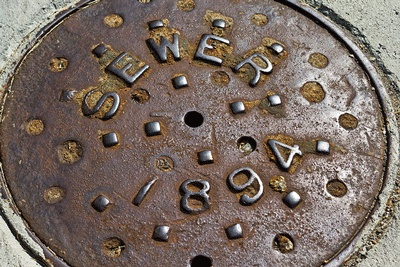 The EPA estimates the total number miles of sewer lines snaking across the country to be about 1.2 million. Considering some of these lines are over 100 years old, local governments will spend billions of dollars modernizing failing wastewater systems over the next 10 to 20 years.
The EPA estimates the total number miles of sewer lines snaking across the country to be about 1.2 million. Considering some of these lines are over 100 years old, local governments will spend billions of dollars modernizing failing wastewater systems over the next 10 to 20 years.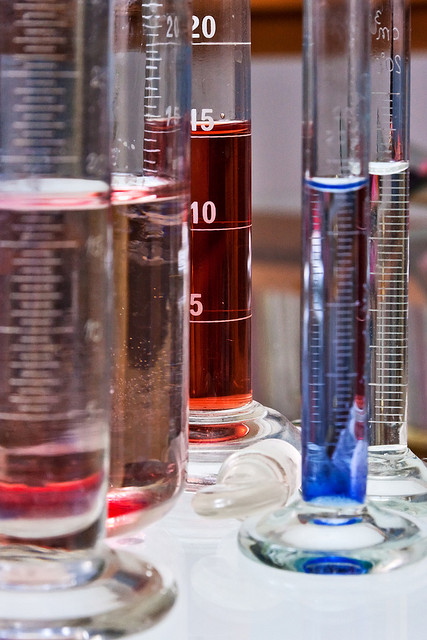

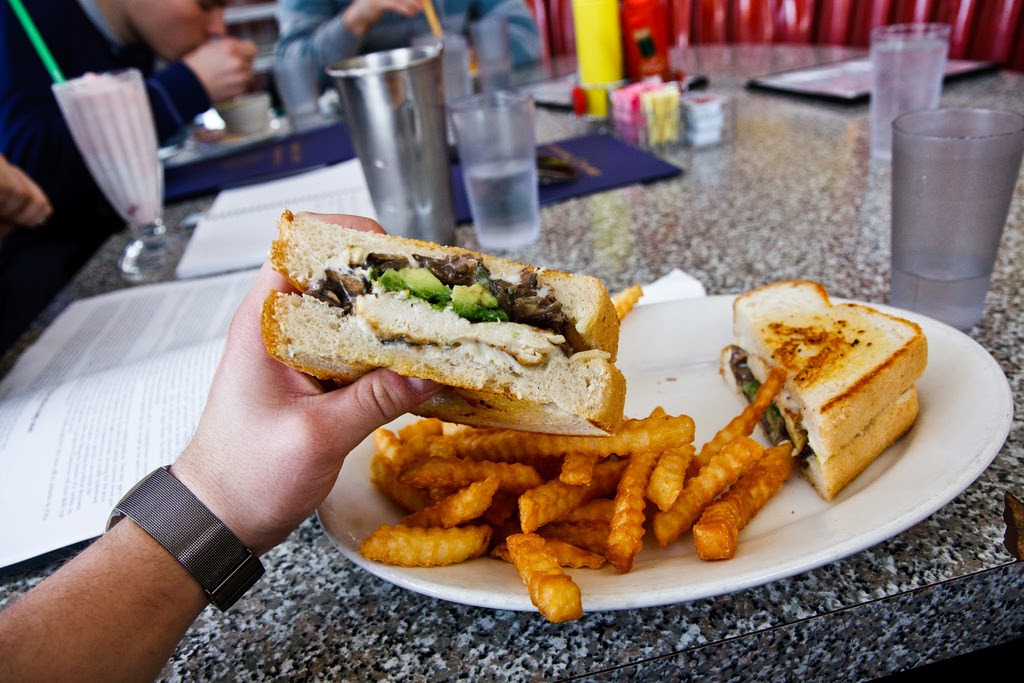 Changing demographics and lifestyles are producing greater strains on water treatment systems and could threaten water quality. Surprised? It’s true. And we’re not just talking about the strain of a growing population.
Changing demographics and lifestyles are producing greater strains on water treatment systems and could threaten water quality. Surprised? It’s true. And we’re not just talking about the strain of a growing population.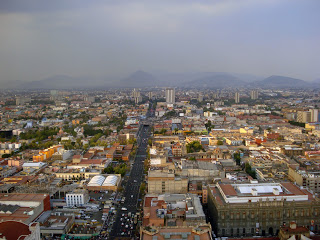 ASHEBORO, N.C. — Water runs from our taps, and we store it in bottles, coolers and refrigerators.
ASHEBORO, N.C. — Water runs from our taps, and we store it in bottles, coolers and refrigerators.